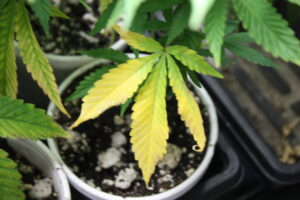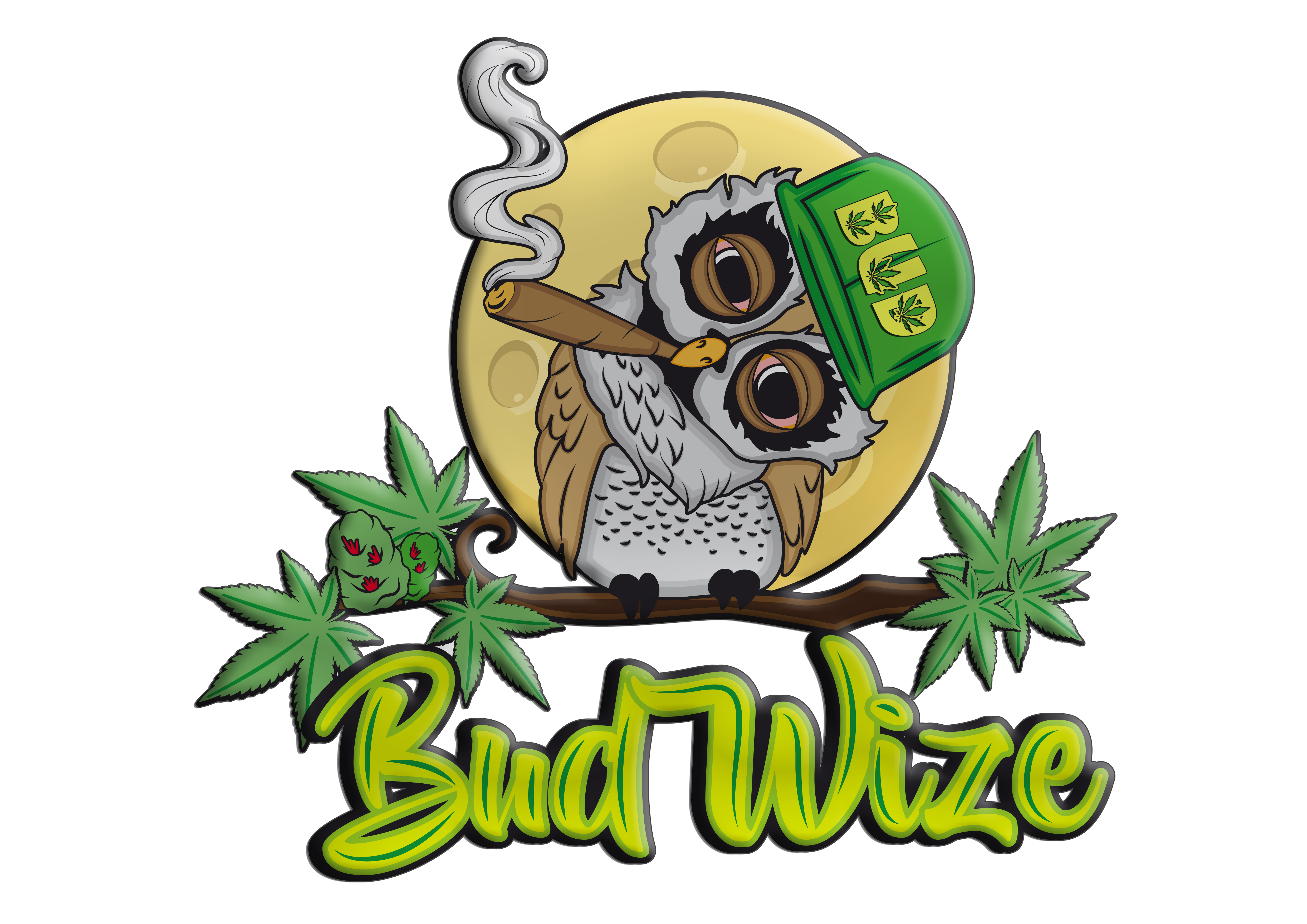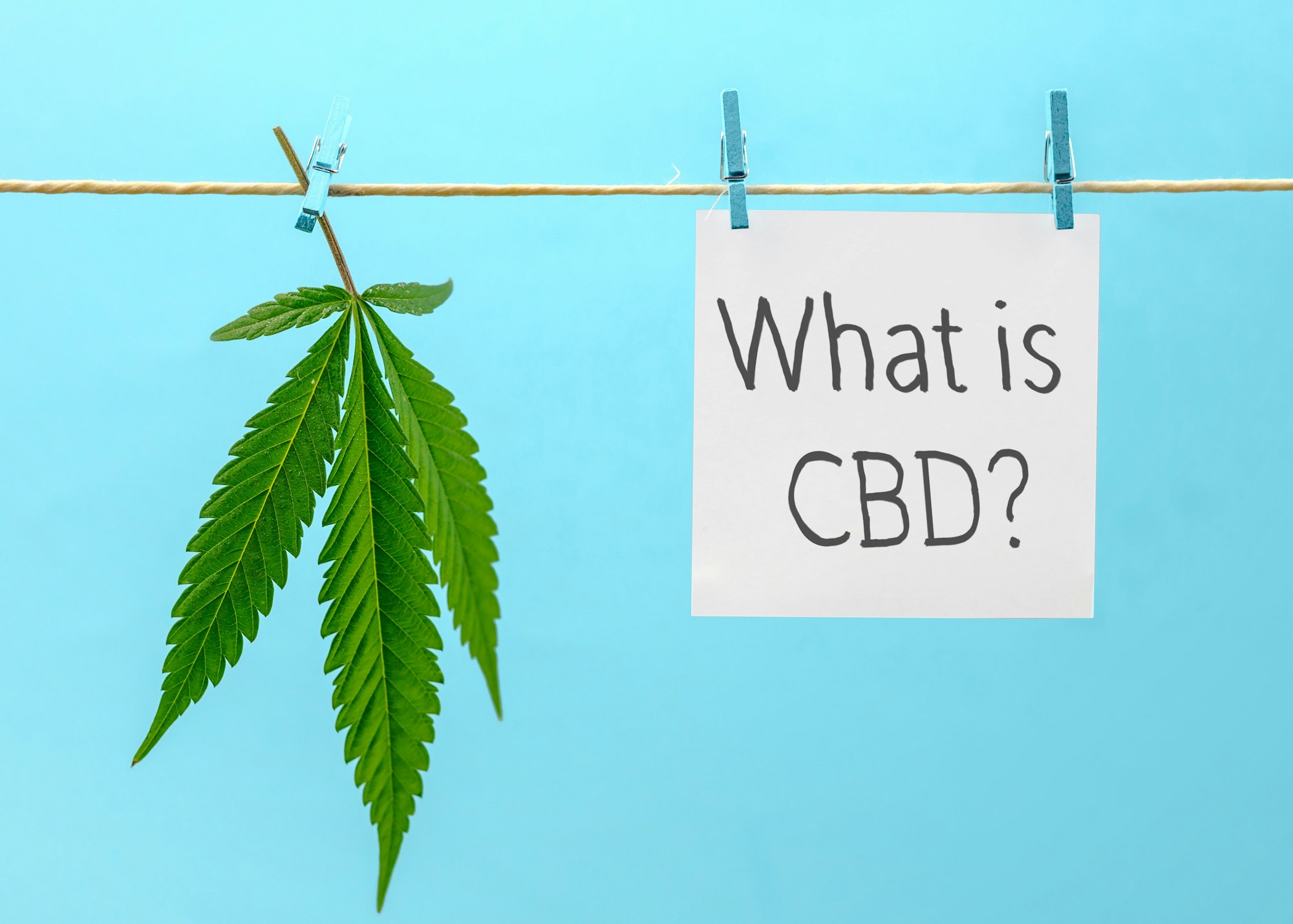
Welcome to the world of CBD, a compound gaining widespread recognition for its potential therapeutic benefits. CBD, short for cannabidiol, is one of the many cannabinoids found in the cannabis plant. Unlike its cousin THC, CBD is non-intoxicating, meaning it doesn’t produce the “high” associated with cannabis use. This makes it an attractive option for those seeking relief from various symptoms without the psychoactive effects. In this article, we’ll explore the basics of CBD, its benefits, its safety profile, and how it can be integrated into your wellness routine.
Table of Contents
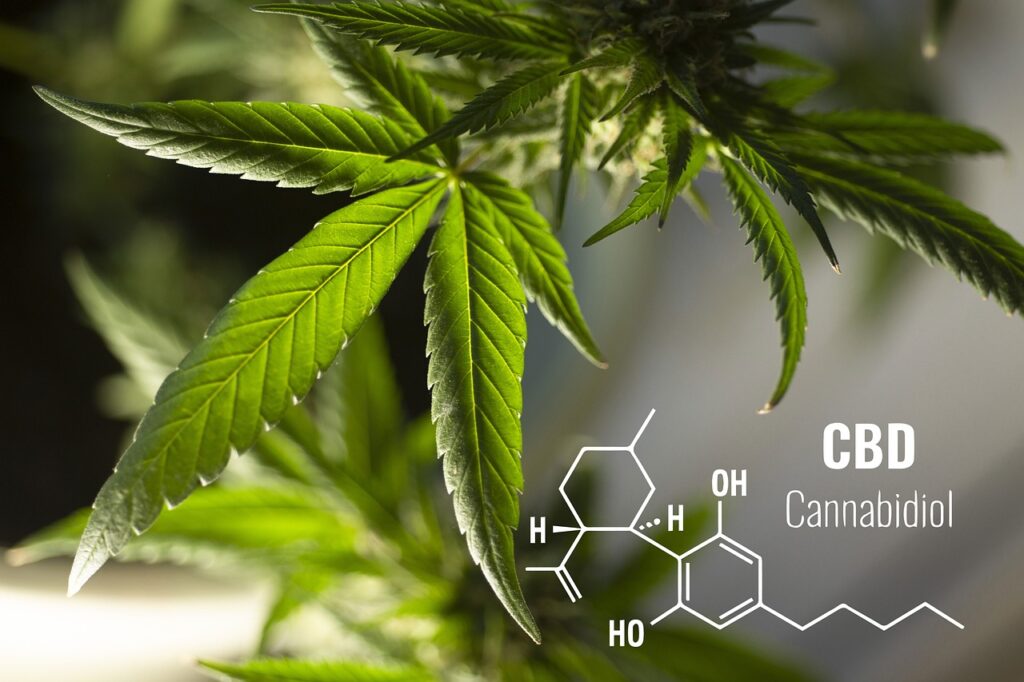
Everything You Need to Know About CBD
Marijuana contains more than 400 chemical compounds, among which over 80 are biologically active molecules known as cannabinoids. These cannabinoids interact with the body’s endocannabinoid system, influencing various physiological processes. Out of all these compounds, one of the most significant and widely studied is CBD or cannabidiol.
What is CBD?
CBD, short for cannabidiol, is a naturally occurring compound found in the cannabis plant. Unlike its more famous counterpart, THC (tetrahydrocannabinol), CBD is non-psychoactive, meaning it does not produce the “high” commonly associated with cannabis use. This characteristic makes CBD an appealing option for individuals seeking the therapeutic benefits of cannabis without the mind-altering effects.
Will CBD Make You High?
No, CBD will not make you high. The psychoactive effects commonly linked to cannabis are primarily due to THC. CBD, on the other hand, interacts differently with the cannabinoid receptors in the brain and body, providing relief without the euphoria or cognitive alterations associated with THC. This distinction is crucial, as it allows users to benefit from the therapeutic properties of cannabis while maintaining clarity and function in their daily lives.
The Therapeutic Properties of CBD
CBD has been lauded for its potential therapeutic properties, often described as a “golden goose elixir.” It is renowned for its ability to alleviate a wide range of symptoms and conditions, including chronic pain, inflammation, anxiety, and epilepsy. Research suggests that CBD may help regulate the body’s immune response, reduce oxidative stress, and even protect neurons from damage. Its versatility in addressing different health issues makes it a popular choice among those looking for natural remedies.
CBD products are available in various forms, catering to different preferences and needs. These include:
- CBD Oils and Tinctures: Liquid extracts that can be taken sublingually (under the tongue) for fast absorption.
- CBD Capsules: Convenient for those who prefer a pre-measured dose.
- CBD Edibles: Gummies and other food items infused with CBD, offering a tasty way to consume it.
- CBD Topicals: Creams, balms, and lotions applied directly to the skin, beneficial for localized relief from pain and inflammation.
- CBD Vapes: Inhalable products for those who prefer quick effects.
The Safety and Benefits of CBD
CBD is notable for its safety profile. It is non-addictive, meaning it doesn’t cause dependency or withdrawal symptoms, making it a safe option for long-term use. CBD is generally well-tolerated, with mild and temporary side effects like dry mouth, appetite changes, or fatigue.
Because CBD is non-intoxicating, it allows users to find relief without affecting their daily activities, making it ideal for professionals, parents, and athletes. Overall, CBD stands out for its therapeutic benefits and safety, offering a natural alternative for those seeking to enhance their well-being without the side effects of traditional medications. Whether you’re new to CBD or looking to learn more, understanding these key points can help you make informed decisions about incorporating it into your wellness routine.

How Does CBD Work?
CBD, or cannabidiol, exerts its effects through interaction with the endocannabinoid system (ECS), a complex network within the body responsible for maintaining homeostasis—or balance—across various physiological functions. The ECS plays a crucial role in regulating several biological processes, including glucose metabolism, mood, energy levels, bone density, blood pressure, hunger, stress response, and pain perception.
The Role of the Endocannabinoid System (ECS)
The ECS consists of endocannabinoids, receptors, and enzymes. Endocannabinoids are naturally occurring compounds in the body that bind to cannabinoid receptors to initiate specific cellular responses. These receptors are classified into two main types: CB1 and CB2.
- CB1 Receptors: These receptors are primarily located in the central nervous system (CNS) and brain. They play a significant role in regulating neurological functions such as mood, memory, pain perception, and motor control. CB1 receptors are also involved in the psychoactive effects of THC, another well-known cannabinoid found in cannabis.
- CB2 Receptors: These receptors are predominantly found in the peripheral organs, including the immune system, gastrointestinal system, and peripheral nervous system. CB2 receptors are crucial in modulating immune responses, inflammation, and pain. Their activation does not produce psychoactive effects, making them a focus for therapeutic applications that require symptom relief without altering cognition.
The Interaction of CBD with the ECS
Unlike THC, CBD does not directly bind strongly to CB1 or CB2 receptors. Instead, it influences the ECS indirectly, enhancing the body’s ability to use its endocannabinoids more effectively. CBD mimics the action of endogenous cannabinoids, interacting with the ECS in a few key ways:
- Modulation of Receptor Activity: CBD can modulate the activity of CB1 and CB2 receptors. For instance, it may act as an inverse agonist at CB1 receptors, meaning it can reduce the receptor’s activity level. This property can be beneficial in conditions where CB1 receptor activation contributes to symptoms, such as anxiety or neuropathic pain.
- Inhibition of Enzymatic Breakdown: CBD inhibits the enzyme fatty acid amide hydrolase (FAAH), which is responsible for breaking down anandamide, one of the body’s naturally occurring endocannabinoids. By inhibiting FAAH, CBD increases the levels of anandamide in the body, enhancing its positive effects. Anandamide is often referred to as the “bliss molecule” due to its role in mood regulation and emotional well-being.
- Activation of TRPV1 Receptors: CBD also interacts with TRPV1 receptors, which are involved in regulating pain, inflammation, and body temperature. Activation of these receptors by CBD can produce analgesic (pain-relieving) and anti-inflammatory effects.
- Interaction with Serotonin Receptors: CBD binds to 5-HT1A receptors, a type of serotonin receptor, which is thought to play a role in anxiety and depression. By activating these receptors, CBD may help alleviate symptoms of anxiety and improve mood.
Therapeutic Effects of CBD
Through these interactions with the ECS and other receptor systems, CBD can produce a wide range of therapeutic effects:
- Pain Relief: By modulating CB1 and CB2 receptor activity and increasing anandamide levels, CBD can help reduce pain perception. This makes it useful for managing chronic pain conditions, such as arthritis, fibromyalgia, and multiple sclerosis.
- Anti-Anxiety and Mood Regulation: CBD’s interaction with serotonin receptors and modulation of endocannabinoid levels can help reduce anxiety and improve mood. It is being studied as a potential treatment for generalized anxiety disorder, social anxiety, and post-traumatic stress disorder (PTSD).
- Anti-Inflammatory: The activation of CB2 and TRPV1 receptors by CBD can reduce inflammation, making it beneficial for inflammatory conditions like inflammatory bowel disease (IBD) and autoimmune diseases.
- Neuroprotective Properties: CBD has been shown to have neuroprotective effects, potentially benefiting conditions like epilepsy, Alzheimer’s disease, and Parkinson’s disease. By reducing inflammation and oxidative stress, CBD helps protect nerve cells from damage.
- Analgesic Effects: The combination of CBD’s anti-inflammatory and pain-modulating properties contributes to its effectiveness as an analgesic. This makes it a promising option for pain management, especially for individuals seeking alternatives to traditional pain medications.
Concluding This Section
CBD’s interaction with the ECS and other receptor systems illustrates its versatility as a therapeutic agent. By enhancing the body’s natural endocannabinoid signaling and interacting with various receptors, CBD can help regulate a wide range of physiological processes. This complex interplay not only explains why CBD can be effective in treating diverse conditions but also highlights its potential as a natural and non-psychoactive alternative to conventional treatments. Whether used for pain relief, anxiety reduction, or neuroprotection, CBD offers a promising avenue for improving overall health and well-being.
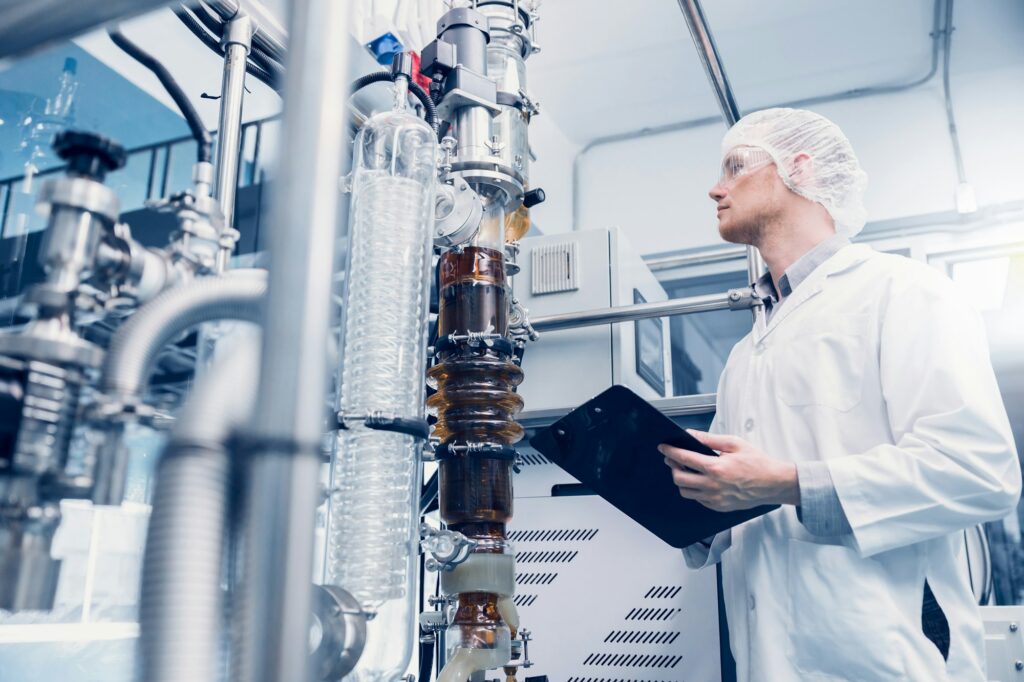
Extracting CBD
CBD, or cannabidiol, is a non-psychoactive compound found in the cannabis plant, specifically in the resinous flower clusters. To harness its therapeutic properties, CBD must be extracted from the dried marijuana plant and converted into a usable form suitable for various applications, such as topicals or ingestion.
The Role of Decarboxylation
Before CBD can be effectively used, the raw plant material often contains CBDA (cannabidiolic acid), the acidic precursor to CBD. Decarboxylation is a crucial process in CBD extraction that involves heating CBDA to transform it into CBD. This process removes a carboxyl group, releasing carbon dioxide and converting CBDA into its active form, CBD. Decarboxylation can occur through direct heating, such as baking or using specific decarboxylation equipment, making the cannabinoid bioavailable and potent for therapeutic use.
Common Extraction Methods
Once decarboxylation has occurred, the next step is to extract the CBD from the plant material. Several extraction methods are used in the industry, but the CO2 and ethanol extraction methods are among the most common and safest due to their efficiency and ability to produce high-quality CBD.
CO2 Extraction
CO2 extraction is considered the gold standard in the CBD industry for producing pure, high-quality products. This method utilizes supercritical carbon dioxide, a state where CO2 acts as both a gas and a liquid. During the extraction process, supercritical CO2 is passed through the plant material, acting as a solvent to separate CBD and other beneficial compounds from the plant matter.
This method allows for precise control over temperature and pressure, making it possible to selectively extract desired cannabinoids and terpenes while leaving unwanted compounds behind. The result is a clean, potent extract free from harmful residues. CO2 extraction is favored for its ability to preserve the integrity of delicate phytochemicals, ensuring a broad-spectrum or full-spectrum CBD product that includes a range of beneficial cannabinoids, terpenes, and flavonoids.
Ethanol Extraction
Ethanol extraction is another popular method, known for its efficiency and safety. In this process, high-grade ethanol is used as a solvent to extract CBD from the plant material. The plant material is soaked in ethanol, which dissolves the cannabinoids, terpenes, and other compounds. The solution is then filtered and the ethanol evaporates, leaving behind a concentrated extract.
Ethanol is a polar solvent, which means it can extract a wide range of compounds, including both water-soluble and oil-soluble components. This can result in a full-spectrum extract that contains a comprehensive array of phytochemicals. One of the advantages of ethanol extraction is that it can be performed at room temperature, reducing the risk of thermal degradation of sensitive compounds.
Moreover, ethanol extraction is generally recognized as safe by the FDA and is commonly used in the food and pharmaceutical industries, further underscoring its safety and reliability.
The Benefits of These Methods
Both CO2 and ethanol extraction methods are valued for their ability to produce high-quality CBD extracts that retain the full spectrum of beneficial compounds found in the cannabis plant. These methods are not only effective but also safe, as they do not introduce harmful solvents into the final product. By capturing all the beneficial phytochemicals, including minor cannabinoids and terpenes, these extraction methods ensure that the resulting CBD product can provide the full benefits of the entourage effect, where the various compounds work synergistically to enhance the therapeutic effects of CBD.
In addition to their safety and efficacy, these extraction methods are also scalable, making them suitable for both small-scale craft producers and large commercial operations. This scalability is crucial for meeting the growing demand for CBD products while maintaining high standards of quality and consistency.
Concluding This Section
The extraction of CBD from the cannabis plant is a sophisticated process that requires careful consideration of methods to ensure the purity and potency of the final product. The decarboxylation of CBDA into CBD and the subsequent extraction using CO2 or ethanol methods are critical steps that determine the quality of CBD products available on the market. By using these advanced extraction techniques, manufacturers can provide consumers with safe, effective, and high-quality CBD products that harness the full therapeutic potential of the cannabis plant.
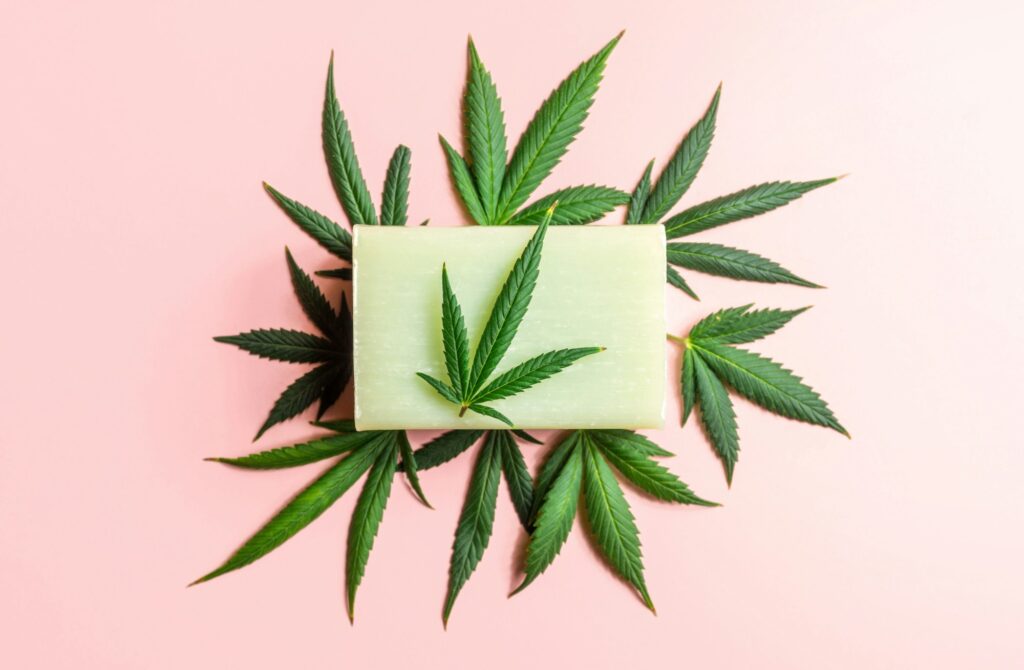
CBD: A Multipurpose Cannabinoid
In the quest for natural remedies and alternatives to traditional pharmaceuticals, CBD, or cannabidiol, has emerged as a versatile and potent option. With growing concerns about the side effects of conventional medications, many consumers are turning to CBD as an organic alternative that offers a range of therapeutic benefits without the harsh side effects often associated with pharmaceutical drugs.
A Natural Remedy for Multiple Ailments
CBD is increasingly favored for its ability to provide instant relief from various conditions. Among the most commonly cited benefits are its anti-inflammatory properties, which can help alleviate chronic pain. Unlike opioids and other pain medications, CBD does not have addictive properties, making it a safer choice for long-term use. Its anti-inflammatory effects are particularly beneficial for individuals suffering from conditions like arthritis, where inflammation plays a significant role in the pain and discomfort experienced.
In addition to pain relief, CBD has been found to reduce anxiety and stress. Many users report feeling calmer and more relaxed after taking CBD, making it an attractive option for those dealing with chronic stress or anxiety disorders. Unlike some pharmaceuticals used to treat anxiety, CBD does not produce the sedative effects that can impair daily functioning, allowing users to maintain clarity and focus.
CBD is also known for its effectiveness in managing seizures and epilepsy, with some well-documented cases of individuals experiencing a significant reduction in seizure frequency and severity. The FDA-approved drug Epidiolex, which contains purified CBD, is used to treat rare forms of epilepsy, highlighting the cannabinoid’s potential in this area.
Moreover, CBD has been used to alleviate insomnia and improve sleep quality. Unlike traditional sleep aids, which can lead to dependency and morning grogginess, CBD helps regulate sleep patterns without these undesirable side effects. This makes it a popular choice for individuals struggling with insomnia or disrupted sleep cycles.
The Science Behind CBD’s Efficacy
A 2020 study shed light on why CBD is so effective across such a wide range of conditions. The study highlighted that CBD’s chemical structure and protein binding profile are similar to those of molecules naturally produced in the human body, such as endocannabinoids. These naturally occurring compounds interact with the endocannabinoid system (ECS), a complex cell-signaling system that plays a crucial role in regulating various physiological processes, including mood, pain, immune response, and more.
By mimicking these natural compounds, CBD can interact with the ECS to restore balance and promote homeostasis. This interaction helps explain why CBD is effective for such a diverse set of conditions, from pain and inflammation to anxiety and sleep disorders.
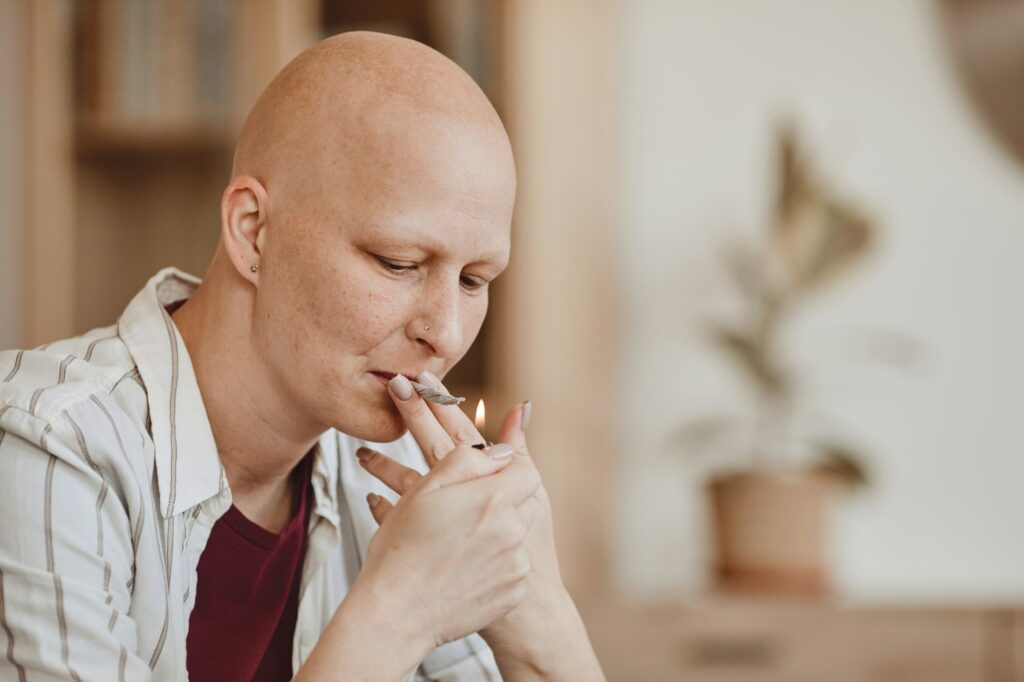
CBD’s Potential in Cancer Treatment
Another area where CBD shows promise is in the treatment of cancer. While more research is needed, preliminary studies suggest that CBD may have anti-cancer properties. Some research has indicated that CBD can induce apoptosis (programmed cell death) in cancer cells and inhibit their growth and spread. These findings have sparked interest in the potential use of CBD as an adjunct therapy in cancer treatment.
However, it’s important to note that while early results are promising, well-designed and extensive clinical trials are still needed to fully understand the efficacy and safety of CBD in treating various types of cancer. The current evidence suggests potential benefits, but more rigorous studies are necessary to confirm these findings and determine appropriate dosages and treatment protocols. For a more detailed overview of the current research, the National Cancer Institute (NCI) provides valuable insights into the role of cannabinoids in cancer treatment. Additionally, the American Cancer Society (ACS) offers a balanced perspective on the potential of CBD and other cannabinoids in the fight against cancer.
Neuroprotective and Anti-Neurodegenerative Properties
Beyond its potential anti-cancer effects, CBD has also been studied for its neuroprotective and anti-neurodegenerative properties. Researchers have found that CBD may help protect the brain from damage caused by various neurological conditions. For instance, CBD has been shown to reduce oxidative stress and inflammation, which are key factors in the development of neurodegenerative diseases like Alzheimer’s, Parkinson’s, and dementia.
In Alzheimer’s disease, CBD has been observed to reduce the buildup of amyloid plaques, which are associated with the progression of the disease. Similarly, in Parkinson’s disease, CBD may help alleviate symptoms like tremors and muscle stiffness. These neuroprotective effects make CBD a compelling candidate for further research and potential use in treating or managing neurological conditions.
Concluding This Section
CBD’s versatility and safety profile make it a compelling option for those looking to manage a variety of health issues naturally. From its anti-inflammatory and analgesic properties to its potential role in cancer treatment and neuroprotection, CBD offers a multipurpose solution that is both effective and well-tolerated. As research continues to explore its full range of benefits, CBD stands out as a promising natural remedy in the world of modern medicine. Whether you’re dealing with chronic pain, anxiety, or more serious conditions like epilepsy or neurodegenerative diseases, CBD may provide the relief you’re looking for without the side effects associated with many pharmaceutical drugs.
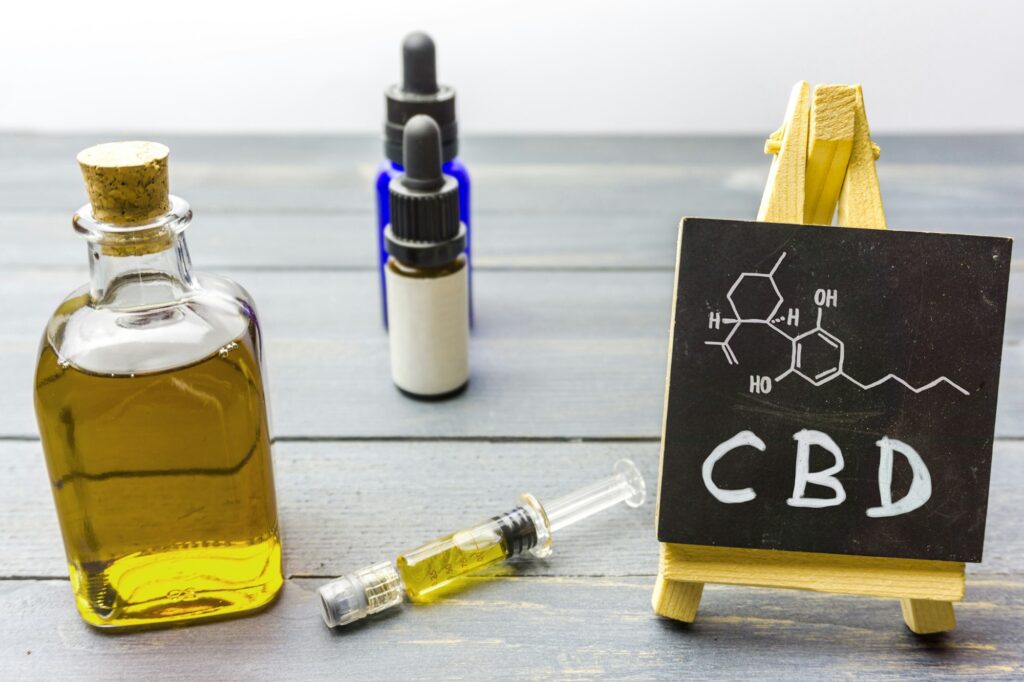
CBD Products
CBD, or cannabidiol, has become a popular wellness supplement, offering a range of potential health benefits. One of the reasons for its widespread appeal is the variety of products available, catering to different preferences and needs. Here’s a closer look at the various forms of CBD products you can find on the market:
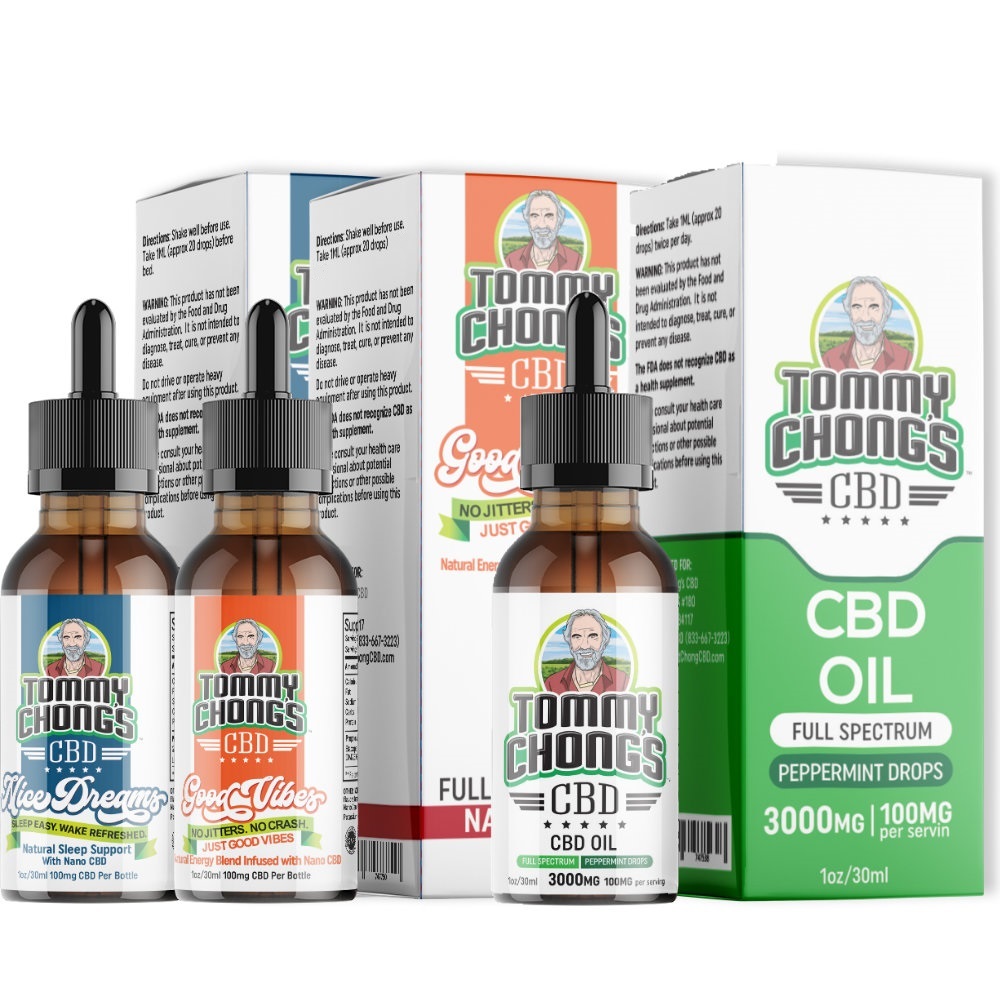
CBD Tinctures and Oils
CBD tinctures and oils are some of the most versatile and widely used forms of CBD available. Typically, they are administered sublingually, meaning you place them under your tongue for quick absorption into the bloodstream. This method provides a fast onset of effects, making it perfect for those seeking immediate relief. CBD tinctures, such as Tommy Chong’s Tinctures, come in various concentrations, allowing you to easily customize your dosage to fit your specific needs.
Tinctures and oils can also be added to food and beverages, making them a flexible option for those who prefer not to take them directly. Additionally, they often contain carrier oil, such as MCT oil or hemp seed oil, which can offer additional nutritional benefits.
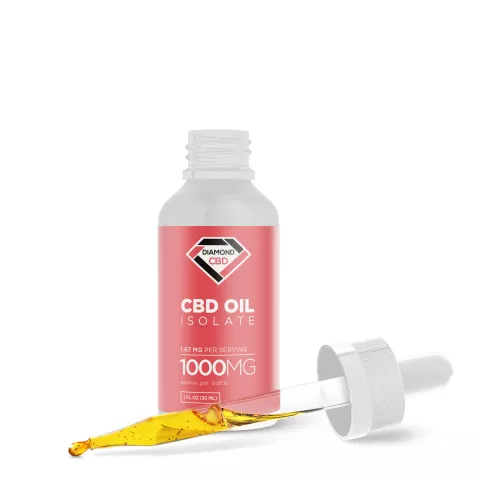
CBD Isolate
CBD isolate is the purest form of CBD, containing 99% or more of the compound with no other cannabinoids, terpenes, or flavonoids. Derived from hemp, it undergoes a refining process that removes all other plant materials, resulting in a white, crystalline powder but isolate comes in many other forms following this process. For those looking to avoid THC entirely or who are sensitive to other cannabinoids, CBD Mall’s Isolate is an ideal choice. It can be consumed directly, mixed into food or drinks, or even used in DIY CBD products like creams or edibles.
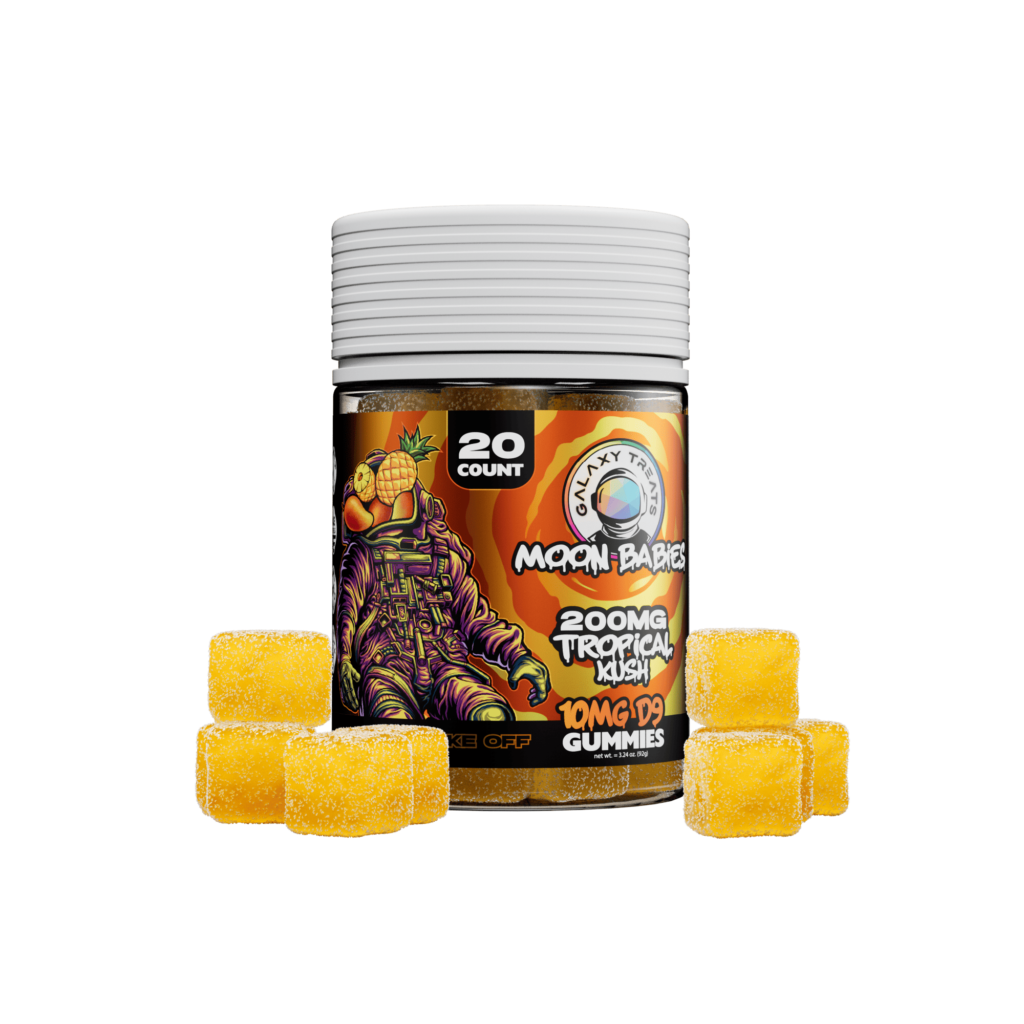
CBD Gummies
CBD gummies provide a convenient and tasty way to enjoy the benefits of CBD. These edible treats are infused with CBD oil and come in a variety of flavors, shapes, and concentrations. With pre-dosed servings, Galaxy Treats Gummies offer a consistent dosage, making them an excellent choice for those who value simplicity. They are discreet and easy to consume, perfect for on-the-go use. You can also find different formulations, including vegan, sugar-free, and even melatonin-infused versions for added sleep support.
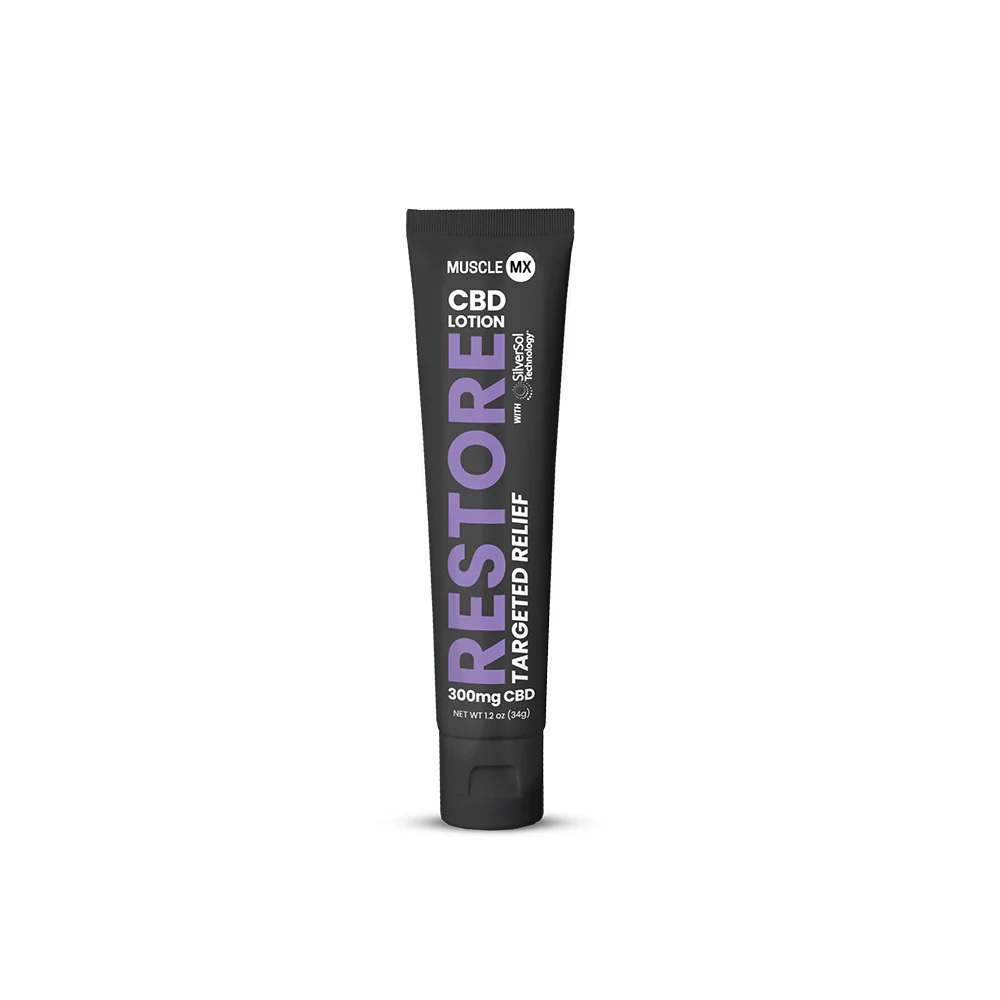
Topical CBD Products
CBD’s versatility isn’t limited to ingestion; there are also a variety of topical products available for targeted relief. These products are applied directly to the skin, interacting with local cannabinoid receptors, making them ideal for addressing specific areas like muscle pain, inflammation, or skin conditions. For effective relief, check out Muscle MX’s topical CBD products, designed to deliver powerful, localized benefits, preferred by fitness enthusiasts.
- CBD Lotions and Creams: These products are infused with CBD and often include additional ingredients like menthol, essential oils, or other botanicals. They are used for general skin hydration, as well as to relieve sore muscles and joints.
- CBD Salves and Balms: Typically more concentrated than lotions and creams, salves and balms are designed for targeted relief of muscle and joint discomfort. They often contain a combination of CBD and other natural ingredients like beeswax or coconut oil.
- CBD Serums and Face Oils: Targeted for skincare, these products combine CBD with other nourishing ingredients to help reduce redness, inflammation, and signs of aging. They are absorbed into the skin, promoting a healthy and radiant complexion.
- CBD Bath Bombs: Infused with CBD and essential oils, these bath bombs dissolve in water, providing a relaxing and aromatic experience. They are popular for full-body relaxation and skin hydration.
- CBD Massage Oil: Designed for massage therapy, these oils are infused with CBD to provide a soothing and relaxing experience. They can help reduce muscle tension and enhance the benefits of a therapeutic massage.
Broad-Spectrum vs. Full-Spectrum CBD
When it comes to CBD oil, you’ll encounter two primary types: broad-spectrum and full-spectrum.
- Broad-Spectrum CBD: This type contains multiple cannabinoids, terpenes, and flavonoids, but it excludes THC. The combination of these compounds can produce the entourage effect, enhancing the therapeutic benefits of CBD without the psychoactive effects of THC. Broad-spectrum CBD is a good choice for individuals who want to benefit from multiple cannabis compounds but are concerned about THC intake, whether due to personal preference or workplace drug testing.
- Full-Spectrum CBD: Full-spectrum CBD includes all the naturally occurring compounds found in the cannabis plant, including a trace amount of THC (not exceeding 0.3%). The presence of THC, even in such a small amount, can contribute to the entourage effect, potentially enhancing the efficacy of CBD. Full-spectrum products are often favored by those who believe in the holistic benefits of the entire plant. However, the trace amounts of THC are minimal and typically not enough to produce psychoactive effects.
Concluding This Section
The diverse range of CBD products available allows consumers to find a form and method that align perfectly with their lifestyle and needs. Whether you appreciate the fast-acting effects of tinctures, the consistent dosage offered by gummies, the purity of CBD isolates, or the targeted benefits of topicals, there’s a CBD option tailored for you. By understanding the distinctions between broad-spectrum and full-spectrum products, as well as exploring the various formats, you can make an informed decision and seamlessly incorporate CBD into your wellness routine. For more insights into related cannabinoids, you might also be interested in learning about Delta-8 THC and its unique properties.
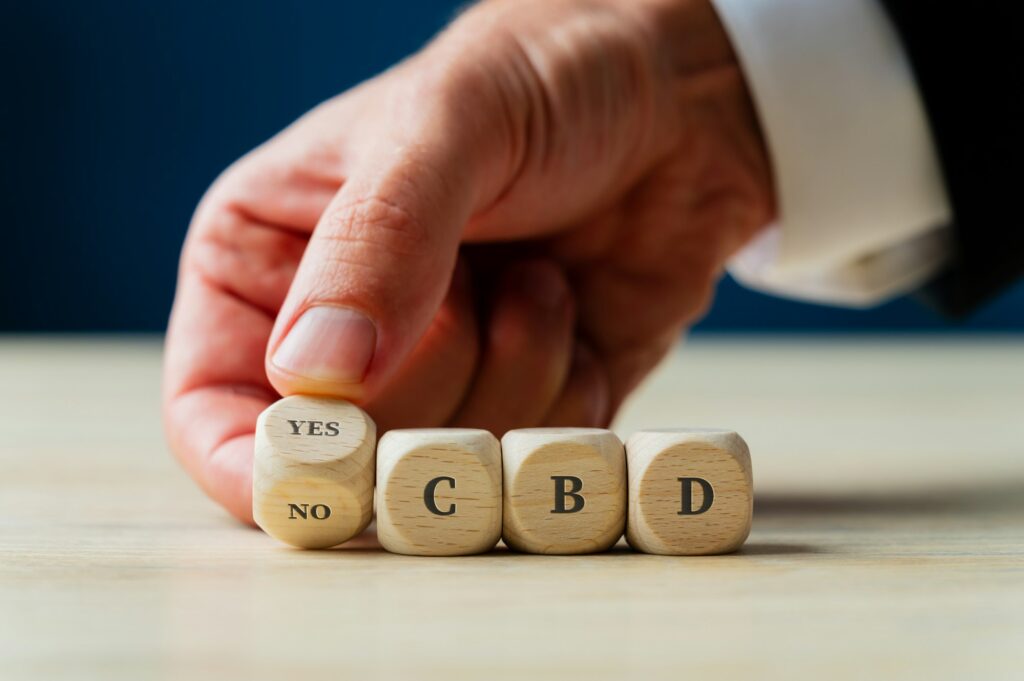
Is CBD legal?
The legal status of CBD, or cannabidiol, varies significantly across the globe and even within individual countries. Understanding these legal distinctions is crucial for consumers and businesses alike.
United States
In the United States, the legality of CBD hinges on its source—specifically, whether it is derived from hemp or marijuana. The 2018 Farm Bill was a pivotal piece of legislation that federally legalized hemp and hemp-derived products, including CBD, provided that these products contain no more than 0.3% THC. THC, or tetrahydrocannabinol, is the psychoactive compound found in cannabis that produces a “high.” By defining hemp as cannabis containing less than 0.3% THC, the Farm Bill differentiated it from marijuana, which contains higher levels of THC.
Under this legislation, hemp-derived CBD can be legally grown, processed, and sold across state lines, making it widely accessible. However, the Food and Drug Administration (FDA) has maintained regulatory authority over CBD products, particularly in terms of labeling, marketing, and health claims. The FDA has approved only one CBD-based prescription drug, Epidiolex, for the treatment of certain types of epilepsy. The agency has not yet approved CBD for use in foods, dietary supplements, or therapeutic products, though enforcement varies and many such products are available on the market.
Marijuana-derived CBD, on the other hand, remains federally illegal because it often contains higher levels of THC. However, individual states have their own laws regarding cannabis, and many have legalized both medical and recreational marijuana. In these states, marijuana-derived CBD is legally available, subject to state regulations. This creates a patchwork of laws where a product might be legal in one state but illegal just across the state line.
International Perspective
Internationally, the legality of CBD varies widely and is often influenced by a country’s stance on cannabis in general. In many countries, CBD is legal if it is derived from industrial hemp and contains minimal THC. For example:
- European Union: The EU generally permits CBD products containing less than 0.2% THC, though some member states have their own regulations. For instance, the UK allows CBD products with less than 1mg THC per product. In many parts of Europe, CBD is available for purchase as a food supplement, and the market is regulated similarly to that of other dietary supplements.
- Canada: CBD is regulated under the Cannabis Act, which legalizes both recreational and medicinal cannabis. Both hemp-derived and marijuana-derived CBD are legal, but they are subject to strict regulation and must be purchased from authorized retailers.
- Australia: CBD is classified as a Schedule 4 drug, meaning it is available only by prescription. However, low-dose CBD products have been rescheduled to Schedule 3, allowing them to be sold over-the-counter at pharmacies, pending product registration.
- South America: Countries like Brazil and Chile have specific regulations for medicinal CBD, often requiring a prescription. In Brazil, for example, CBD products must be registered as medicines, and over-the-counter sales are not allowed.
- Asia: CBD laws vary significantly, with some countries like Japan allowing CBD with 0% THC, while others, like China, have stringent controls and prohibit its use altogether. In many Asian countries, cannabis laws are strict, and violations can lead to severe penalties.
- Middle East and Africa: CBD remains largely illegal in many countries across these regions. However, there are exceptions, such as Israel, which has a robust medical cannabis program, including the use of CBD.
Key Considerations
When considering the legality of CBD, several factors are important:
- Source of CBD: Whether the CBD is derived from hemp or marijuana significantly affects its legal status. Hemp-derived CBD with less than 0.3% THC is generally more widely accepted.
- THC Content: The level of THC in the product is a critical factor. Products with higher THC levels are often subject to stricter regulations.
- Intended Use: The intended use of the CBD product (medicinal, dietary supplement, or recreational) can influence its legality. For instance, medicinal CBD may require a prescription in some jurisdictions.
- Local Laws: Local and national laws vary widely, and it is essential to understand the specific regulations in your area, especially if traveling or purchasing CBD internationally.
Concluding This Section
The legal landscape for CBD is complex and constantly evolving. While hemp-derived CBD is legal in many regions, marijuana-derived CBD remains heavily regulated and is often illegal under federal law, even in places where it is permitted for medical or recreational use. Internationally, the rules are even more varied, with some countries embracing CBD and others maintaining strict prohibitions. As the market grows and more countries reconsider their cannabis laws, the legal status of CBD will likely continue to change, making it crucial for consumers and businesses to stay informed about current regulations.
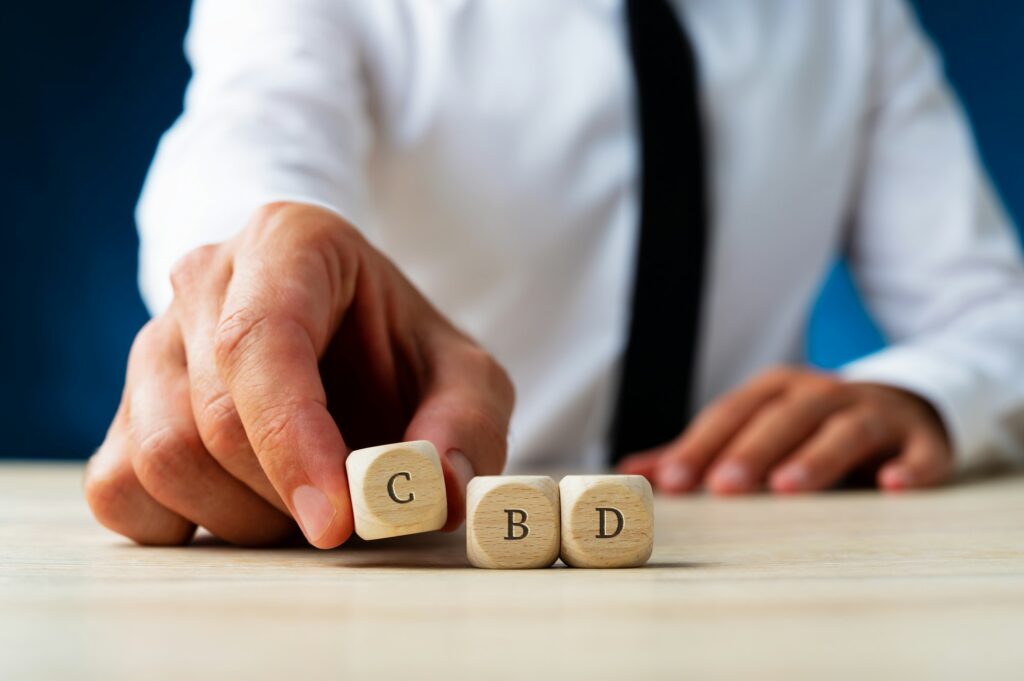
Where Does CBD Stand?
CBD is a remarkable option in the realm of natural wellness, offering therapeutic benefits without the addictive risks associated with many pharmaceuticals. Its minimal side effects and non-intoxicating nature make it ideal for those looking to alleviate symptoms like pain and anxiety while maintaining their daily routines. As you explore CBD, it’s important to consider that experiences can vary, and consulting with a healthcare professional is always recommended before starting any new supplement regimen.
To deepen your understanding and make informed choices, here are some valuable resources:
- CBD: A Patient’s Guide to Medicinal Cannabis – An in-depth guide exploring the medicinal uses of CBD and how it can benefit various conditions.
- Healing with CBD: How Cannabidiol Can Transform Your Health Without the High – This book provides comprehensive information on the therapeutic potential of CBD.
- Project CBD – An educational website offering up-to-date research and insights into CBD and its uses.
For further insights into the evolving landscape of cannabis-related products, including the ongoing debate over Delta-8 THC, check out our article on The Delta-8 THC Crackdown. This resource will help you stay informed about the latest developments in the world of cannabinoids. As you navigate your wellness journey with CBD, these resources will equip you with the knowledge to enhance your life safely and effectively.


